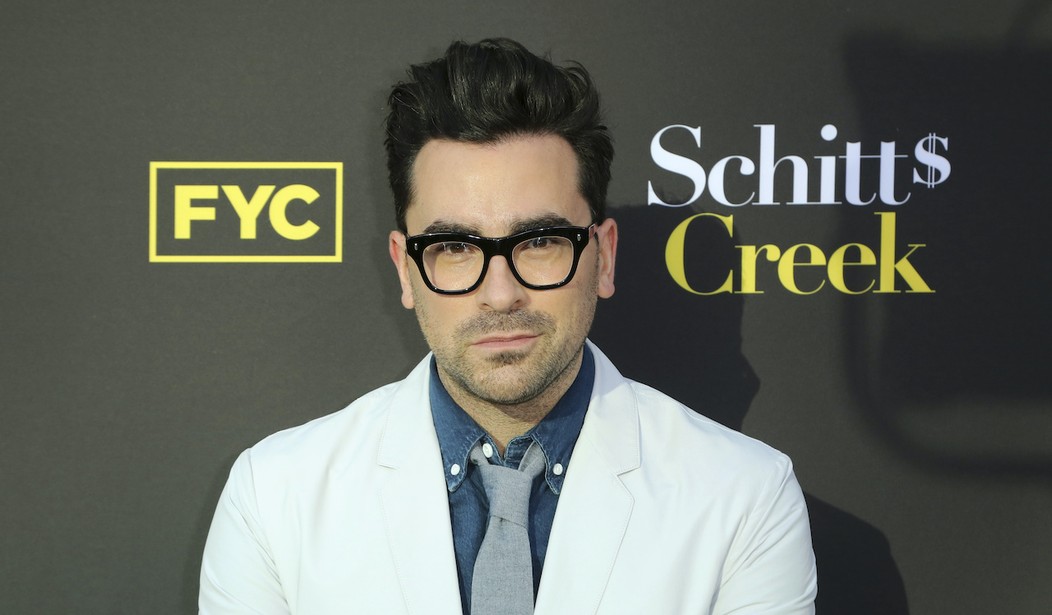Last night, I watched the series finale of the show “Schitt’s Creek”. The show, if you haven’t seen it, revolves around a once-wealthy family that had everything taken from them with the exception of a small backwoods town they once jokingly bought. Over the course of six seasons, the once incredibly shallow and selfish Rose family learns what’s really important in life.
Think Arrested Development, except the family actually learns lessons.
Arrested Development is still my favorite riches to rags show, at least for the first three seasons. Those Netflix additions were a mistake…but I digress.
Schitt’s Creek has an unmistakable charm that you can’t help but fall in love with. Every character is unique while being ultimately familiar to you, and you can tell that each episode was lovingly crafted as almost every line is well written, and the actors take just as much care as the writers in verbalizing them.
If you haven’t seen it I would recommend it. However, I’m not here to review the show, necessarily. I want to tackle one specific issue, or rather, how the show tackled one specific issue.
Schitt’s Creek has four main characters, but in front of all those characters stands David Rose, the son, played by Dan Levy, son of legendary actor Eugene Levy, who also stars in the show as David’s father. Levy not only stars in the show as David, but he also created and wrote the show.
David’s character is bisexual but ultimately ends up with a man whom he marries in the final episode. The relationship between David and the character Patrick Brewer (Noah Reid) is one that grows over the course of several seasons. Despite homosexuality being very present in the show, it treats it uniquely.
Portrayals of homosexuality in television and movies oftentimes suffer from a serious problem. They get preachy. They take their eye off of storytelling and put more emphasis on propagandizing. This usually leads to creating “us vs. them” atmospheres that wind up alienating half their audience. It makes a show or movie almost unwatchable for everyone who doesn’t sign on to that specific belief system. Sometimes, it gets so preachy it makes it unwatchable even for them.
It’s a pitfall that Levy purposefully stepped around while writing the show, and I have to give him props for the move.
Levy made it clear during the hour-long documentary about the show that he never learned anything when someone was trying to teach him a lesson. This is good wisdom, and the fact that he applied it to his art is part of what made Schitt’s Creek so enjoyable. He never sought to tell Christians — or any other groups that see homosexuality as a sin — that they were wrong for what they believed. He never made an episode where he had to overcome the hatred of some ignorant religious group looking to stop him from loving whoever he wanted.
It was refreshing to be able to enjoy the show for its comedically based plot without having to sit through an episode or two of messaging that insulted my beliefs, my intelligence, or my character. Too many things have done that over the course of decades and ruined so much art that could have otherwise been enjoyable. It’s made me dislike or ignore various artists who I would much rather enjoy.
A good recent example of this is Taylor Swift. In her political awakening, she decided to tackle the LGBT issue herself. She created the song “You Need to Calm Down” which is essentially a letter aimed at those of us who disagree with homosexuality in some form. In the video, she portrays those who don’t embrace homosexuality as backward hicks filled with hate.
That’s not the case. One can disagree with homosexuality and still be friendly and loving toward individuals who embrace it. Christians, in particular, are told to hate the sin and not the sinner. We can embrace the individual while rejecting certain aspects of their lifestyle in the same way a person can love a drunk without being a drunk or a thief without stealing anything.
Swift, in her woke-scapades, alienated a good chunk of listeners. If her ultimate goal was “inclusivity”, then she failed miserably by insulting those she was trying to convince. “You Need to Calm Down” is a lesson an elitist millionaire was trying to teach us. It was a lesson we didn’t need. It was a message that excluded, not included.
Levy’s decision not to preach at people allowed those who don’t necessarily agree with his lifestyle to enjoy his product while still allowing him to be honest about his art. He made no effort to shame any of his viewers for not embracing his lifestyle and allowed them to enjoy the show without worry that he was going to turn on them.
It’s a pattern I’d love to see followed in the future. If Levy was looking to bridge the divide, he set the bar.














Join the conversation as a VIP Member